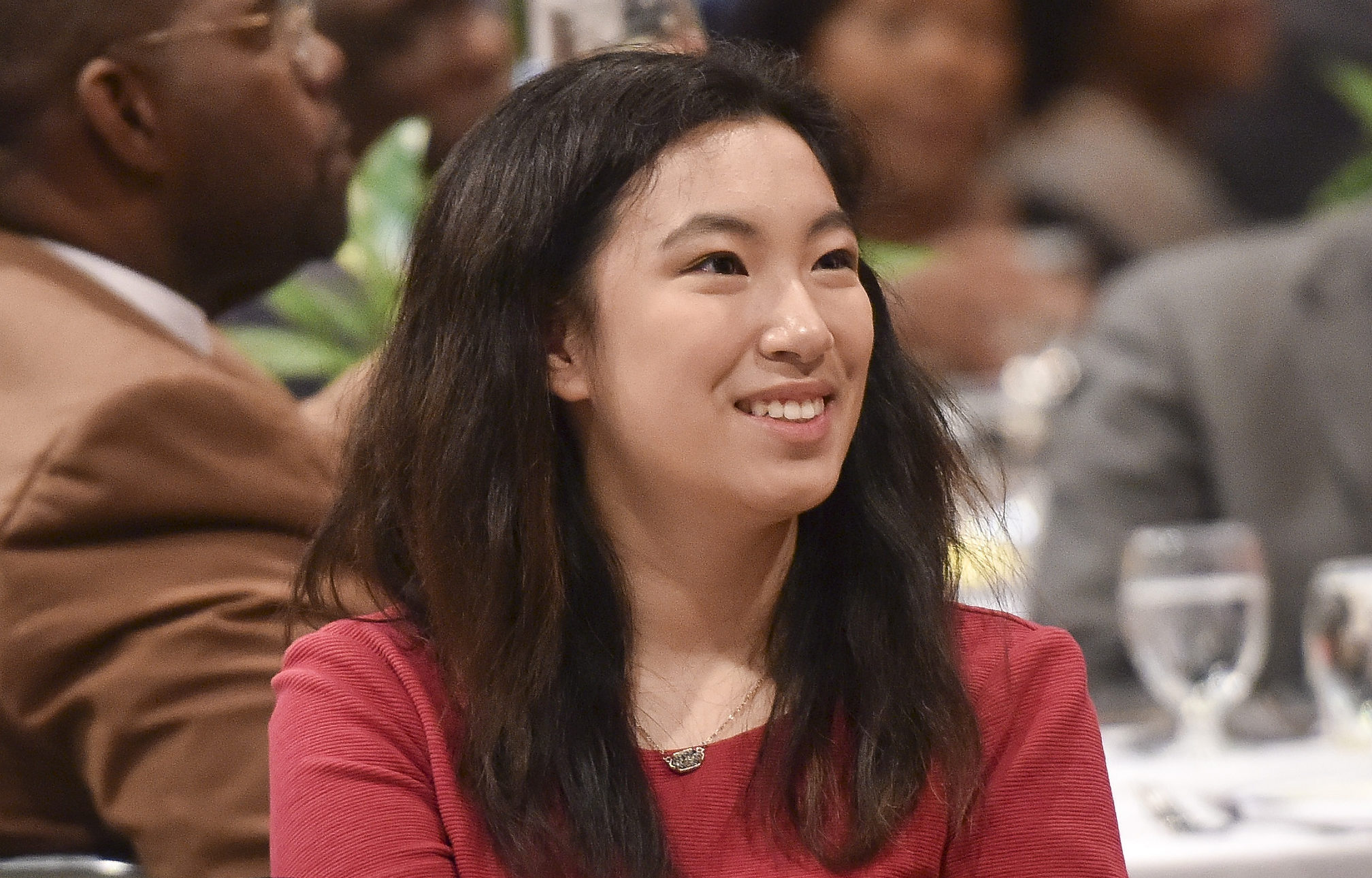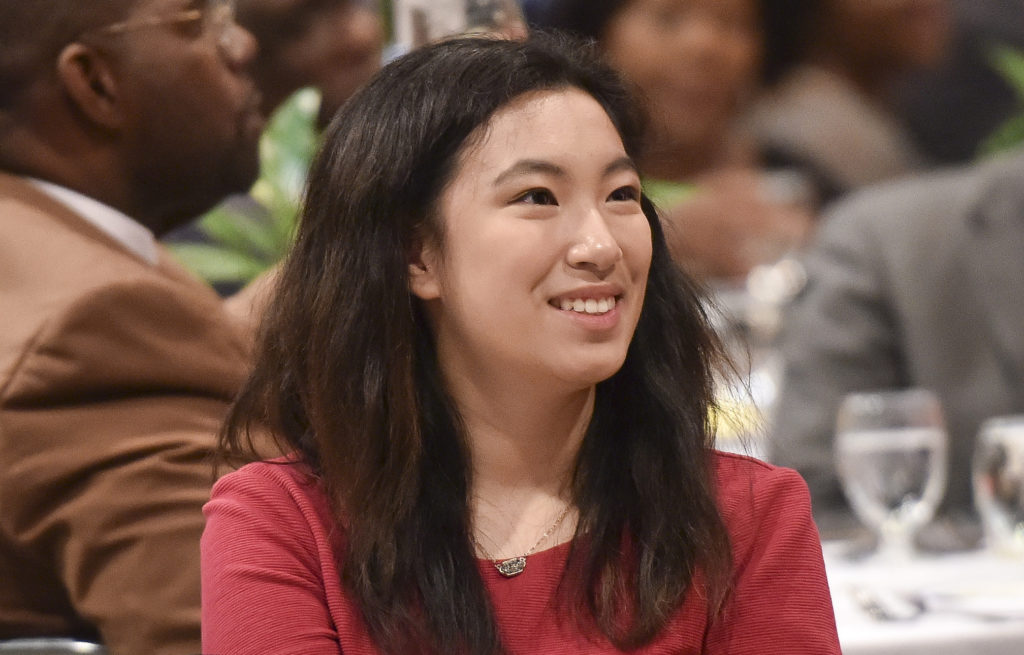
By Meiqing Sun
Vestavia Hills High School

Over the centuries, numerous orators have risen to prominence for their eloquence in addressing the problems of their societies. Cicero is eminent for speaking out against tyranny, Ronald Reagan for his charisma, Churchill for his wit. All of these individuals had one shared desire: the hope for a better tomorrow. This desire is a crucial tenet of the American Dream.
The American Dream holds in itself the capacity for radical change, an impetus towards progress, and above all, a belief in the human agency’s ability to bring about equality and justice. No other figure in American history better embodies this hope than Dr. Martin Luther King Jr. Throughout American history, there has always existed a correlation between communities of color and poverty. At first glance, one might suppose that the link can somehow be explained by the actions or attitudes of the people themselves. This is where the negative stereotypes begin to arise: the belief that the reason why people of color are prone to disproportionate rates of crime, poverty, and suffering is because of their own self-defeating actions. However, this view is entirely distorted. The ultimate cause of the problem is enormously greater, as this interrelationship can be traced to structure of society itself. In societies, there has always existed economic, cultural or ideological structures to disadvantage certain individuals from having the same opportunities for success as others.
America during the civil rights era serves as a cogent example of this. The black versus white dichotomy was significantly pronounced. Consequently, racial tensions ran high. Each day brought with it more disturbing crimes against blacks who were demanding their civil rights. The all-prevalent racism manifested itself in lynchings, beatings, rapes, and other violent crimes. Communities continued to lose their people, their hope, and their very identity.
In addition to violence, another form of racism had been made manifest: woven into the very fabric of society was a de facto racism through denial of opportunity. Blacks were turned away from whites-only jobs, denied advancement opportunities, discouraged from higher education, and discriminated against in housing and other social services. Desperate citizens turned to crime as a way of sustaining their families. This increased crime rate negatively impacted the already weakened local economies which meant even fewer job opportunities, serious poverty, and heightened crime. It is through this cyclical malaise that the realm of color and the realm of poverty became intertwined in the eyes of an often unsympathetic public. This was the reality that Dr. King realized. Poverty wasn’t the fault of the people themselves; poverty was the fault of the institutions that subjugated the populace. He voices this in his Letter From Birmingham Jail, claiming that “Law and order must exist for the purpose of establishing justice, and when they fail to do this they block the flow of social progress.” The time was ripe for reformation.
Dr. King is perhaps most recognized for his advocacy of nonviolent forms of civil disobedience. He recognizes that only when we couch action in peaceful rhetoric can we achieve a productive and sustainable dynamic free from violence and destruction. In other words, do not fight fire with fire. The writings of Dr. King encourage breaking the law because he recognizes that reliance on flawed legality materializes the permanency of racism entrenched in the system. The thesis of his “A Time to Break Silence” speech focuses on how the Vietnam war essentially bankrupts America’s ability to fix its broken system. He states:
“There was a real promise of hope for the poor through the poverty program. Then came Vietnam, and I watched this program eviscerated. America would never invest in the rehabilitation of its poor so long as adventures like Vietnam continued to draw men and skills and money.”
Vietnam was just one example of an American excuse to not address its broken system. The war effort simply exacerbated the blind faith in American nationalism and devastated the economy. Dr. King wanted future generations to further his work by combatting racism, and he stated unequivocally, “The threat of injustice anywhere is a threat to justice everywhere.”
Our work must begin with deconstructing and wholly reforming the structures that passively permit discrimination as well as the imperialism abroad that detracts from and creates deep hypocrisy within our moral vision of an American Dream. It is through this lens we must strive to fulfill our obligation to realize his dream: to see poverty and discrimination eradicated, along with the frameworks that sustained them.




